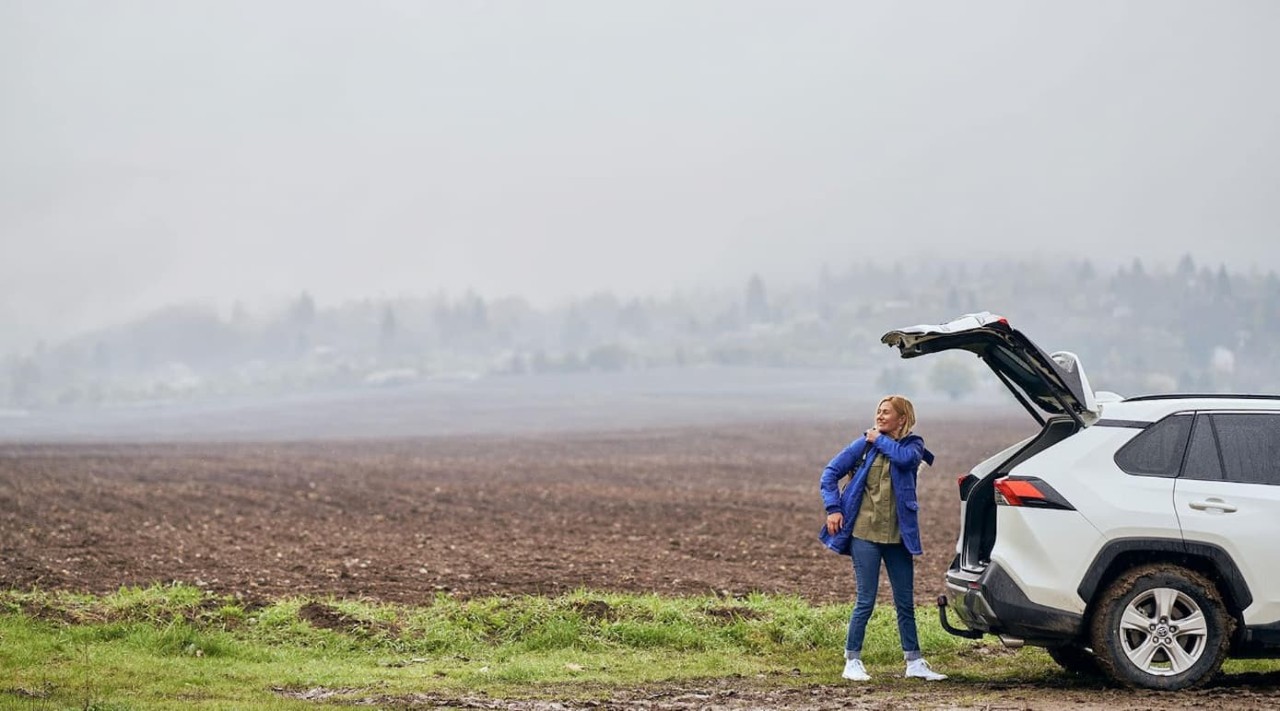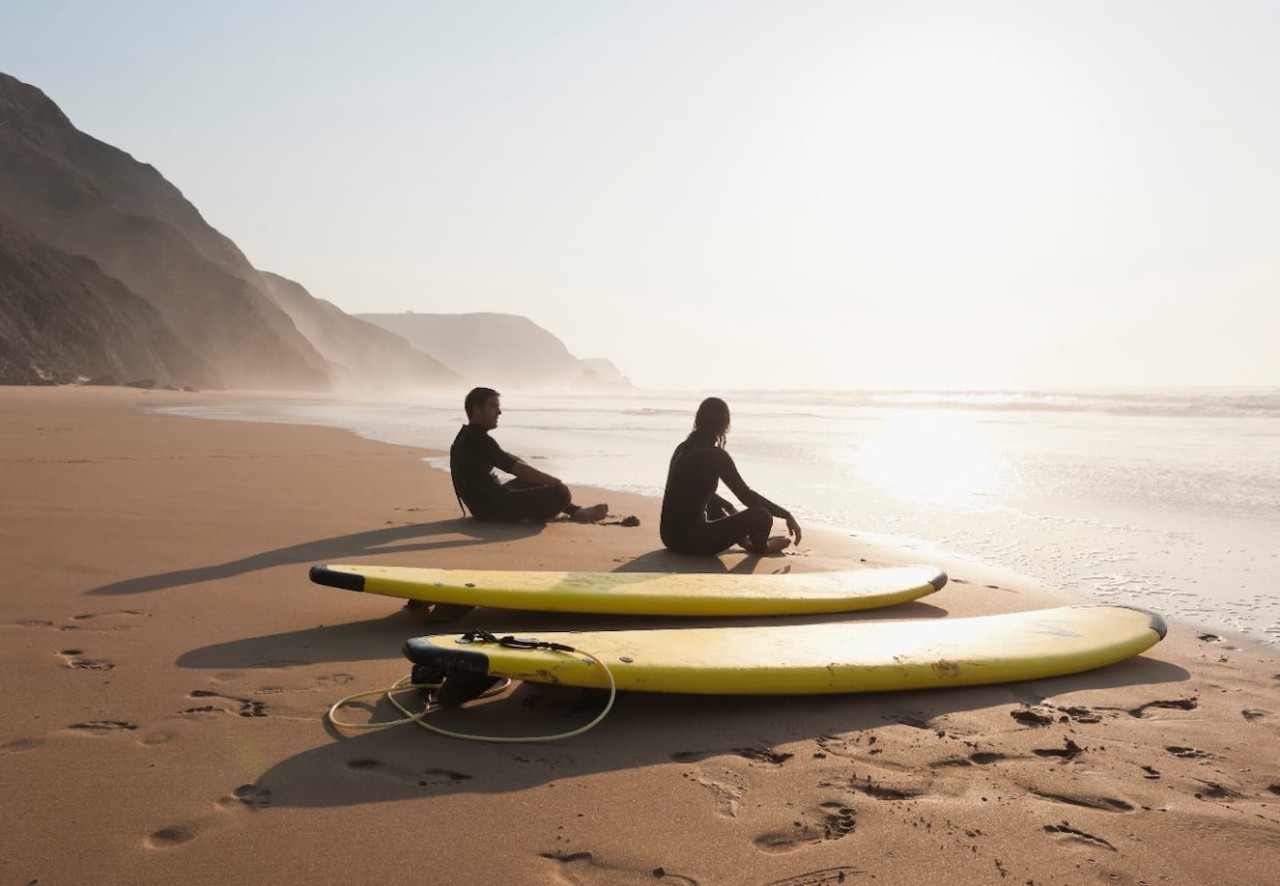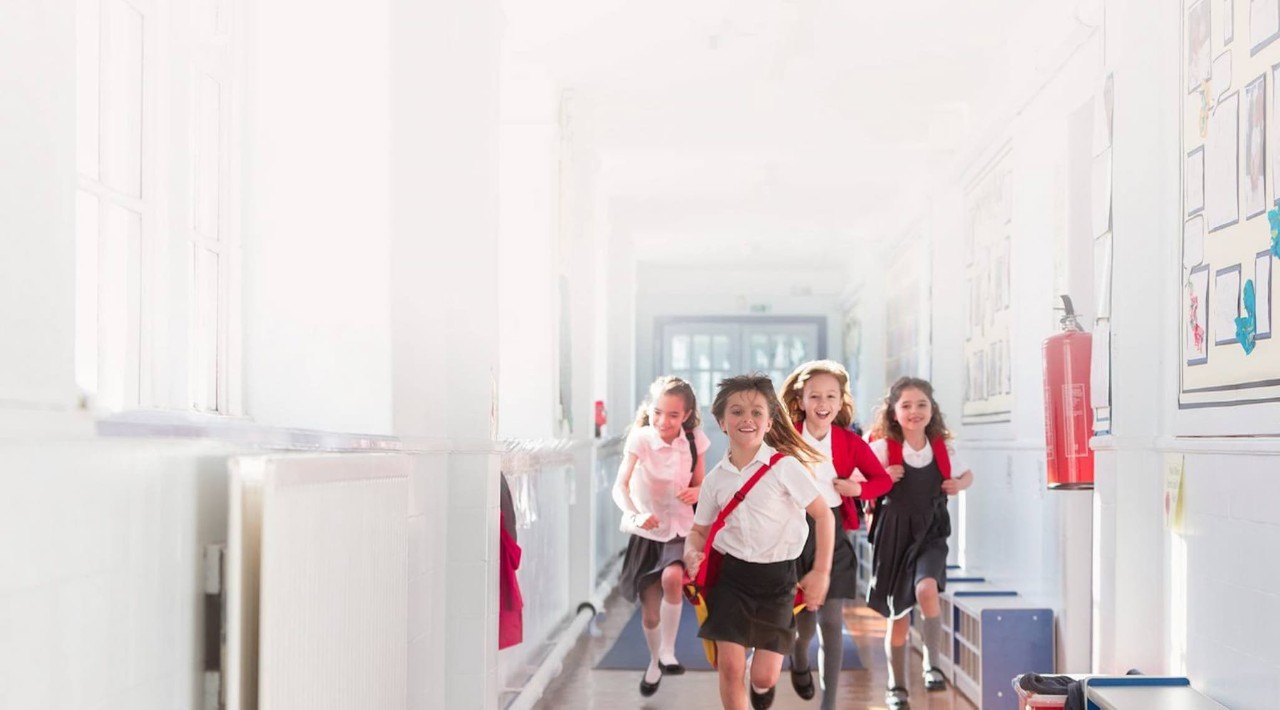Storming Through A Roll Call
by Martin McKeogh | 5 min read November 24th, 2020
Roll Call: Atiyah, Elsa, Brendan, Ciara, Dennis, Jorge, Ellen, Francis. Tá mé anseo……anseo, anseo. Can anyone guess where the roll call is from, is it a 2 teacher school in Wexford maybe? I’ll give you a few more on the roll; Emma, Hannah, Ophelia, Darwin, could be a larger school in Mayo perhaps? OK one final name on the roll call; Beast from the East…….let’s hope for all our sakes that no parent or teacher is calling a child by that name!!!
You may have guessed by now, all those names are storms that have hit our shores in recent times. Would you believe that all the storms from the first roll call above all occurred in just 4 months, December 2019 to February 2020, and then August 2020. The rest hit between October 2017 and April 2019, except for Darwin, which was back in 2014.
Maybe some of these events didn’t hit your location, but no one knows exactly when and where the next will hit. Needless to say all these major storm events caused millions of euro’s worth of damage due to high winds, burst pipes, flooding and loss of business. Hundreds of thousands homes were left without power, schools and businesses were forced to close for various periods. Members of the public suffered injury, anti-social behaviour occurred and tragically there was loss of life. It can be hard to recall all these storms so we’ll take you all on a trip down memory lane below, and maybe we can learn from the experience to help us into the future.
Storm Ellen 20/08/2020
Fresh in the memory for most of us, and not fun for what was supposed to be the last few weeks of summer as storm Ellen hit with a bang. This particular author recalls it well as on our own country road we awoke to no power, internet, mobile service or water and nowhere to go with trees down within 50m either side of the front gate. The following link shows some clips of storm Ellen rolling in to Waterford and Cork and then up to Limerick, Galway and Donegal.
Ellen’s record breaking feats, according to Met Éireann, include the highest 10 minute-mean wind speed of 111km/h and the highest gust recorded of 143km/h for August since records began in 1942.
Storm Emma and the ‘Beast from the East’ 28/02/2018 – 04/03/2018
Really, who could forget? When there is a run on bread supplies in Irish stores we know things are serious. Án Taoiseach at the time, Leo Varadkar went on TV to announce a red warning alert advising people to be off the roads and in their homes by 4pm, and they weren’t wrong. What followed in the days ahead was high winds, blizzards, power outages and freezing temperatures day and night. Indeed we can recall a few snowmen and snow ball fights for good measure, however there was also some anti-social behaviour and indeed serious criminal acts. Social media was soon a flurry with images and videos of looting in a Lidl store in Dublin. Incredulously it drew to a close with a stolen digger destroying the store before it was set ablaze all before An Garda Síochána and the Fire Service could attend.
The Beast had a huge impact on daily lives with Met Éireann recording the following:
> Over 100,000 homes & businesses without power
> Widespread disruption to all forms of transport, including emergency services such as ambulances
> Forder shortages led to fears of starvation for farm animals, with some distressing TV reports of farmers simply unable to access their animals
> Almost all parts of the country saw significant snow levels, with a number of Met Éireann stations recording snow falls in excess of 45cm (18 inches)
> Some parts of the country saw snow drifts in excess of 6m (18 foot)
Have a look at some of the snow falls below:
Storm Ophelia 16/10/2017
When Ophelia was first mentioned on Irish news feeds, it was a Category 3 hurricane. Category 3 is classed as a major hurricane with sustained wind speeds of 178-208km/h. A hurricane heading our way caught our attention. By the time Ophelia made landfall in Ireland it was downgraded to an extra-tropical storm. “Downgraded” may lead to connotations that it wasn’t serious but still Ophelia hit big numbers around Ireland. From Clare down to Cork, over to Wexford and up to Dublin, Met Éireann recorded gusts of >115km/h, with Roches Point in Cork recording gusts of 156km/h. Needless to say Ophelia wreaked havoc across the country with major power outages, public transport and roads effected, schools and businesses closed. However, most tragically, 3 deaths were attributed to Storm Ophelia.
Do you recall some of these scenes?
Winter 2013/2014 & Storm Darwin 12/02/2014
Winter 2013/2014 was basically a combination of high winds, tidal surges, heavy rainfall and low pressure causing widespread damage and flooding throughout the latter half of December 2013 through to the middle of February 2014. There were 12 different days which recorded storm force winds. Added to that, Storm Darwin crashed into Ireland on February 12th 2014. Winter rainfall levels doubled in parts of the country, while more than half of the weather stations in Ireland recorded their wettest winter on record. Valentia Island had its wettest winter since 1866. When Darwin approached it blew hard, with gusts of 159km/h recorded in Shannon Airport, the highest since 1961. Mace Head recorded the 5th highest ever 10 minute mean wind speed of 117km/h. Kinsale Gas Energy Platform recorded a 25m high wave. But ultimately this winter will be remembered for the substantial flooding events around Ireland, particularly from mid-January onwards. Significant flood damage was recorded in Limerick, Cork, Clare, Wexford, Waterford, Louth and Galway to name but a few.
Water going where it wants in Galway!
Winter 2009/2010
The first “Big Freeze” event in Ireland since 1981/1982, and it was the coldest winter since 1962/1963. To make it worse we were hit again later in the year in November/December 2010. Treacherous conditions across the country to say the least, and the source of an infamous RTE News clip. A google search of “Man falls on ice” and RTE’s clip will be top of the list. Lucky for the man in question it seems he didn’t suffered any serious injury thankfully, but who he was remains a mystery to this day. For many others though, this extreme weather event does not evoke light-hearted memories. Shopping trips, weekends away, family gatherings and late nights out in the festive spirit often ended with a sorry and distressful sight of returning home to water cascading down the stairs, collapsed ceilings and inches of water resting in your family home. Holiday home owners made worrying trips and phone calls, fearing the news they would receive. Schools and businesses, made daunting out of hours visits to discover they had been costly victims too.
December 24th/25th and January 7th to 9th, saw air temperatures fall below -10°C at several Met Éireann stations. There was between 20 – 30 days with snowfall, while there was a total of 70-80 ‘ground frosts’ during the season with some stations recording 3 times their average winter figure of ‘ground frosts’.
Much has been said of the man-made impact on global warming and the ever increasing severity of weather events around the globe. However that’s a conversation for another day regarding what we must all do, both individually and collectively. However, in the here and now, mother nature will do as she wishes. Before she does, its best we take the necessary steps to prepare and protect ourselves and our property.






